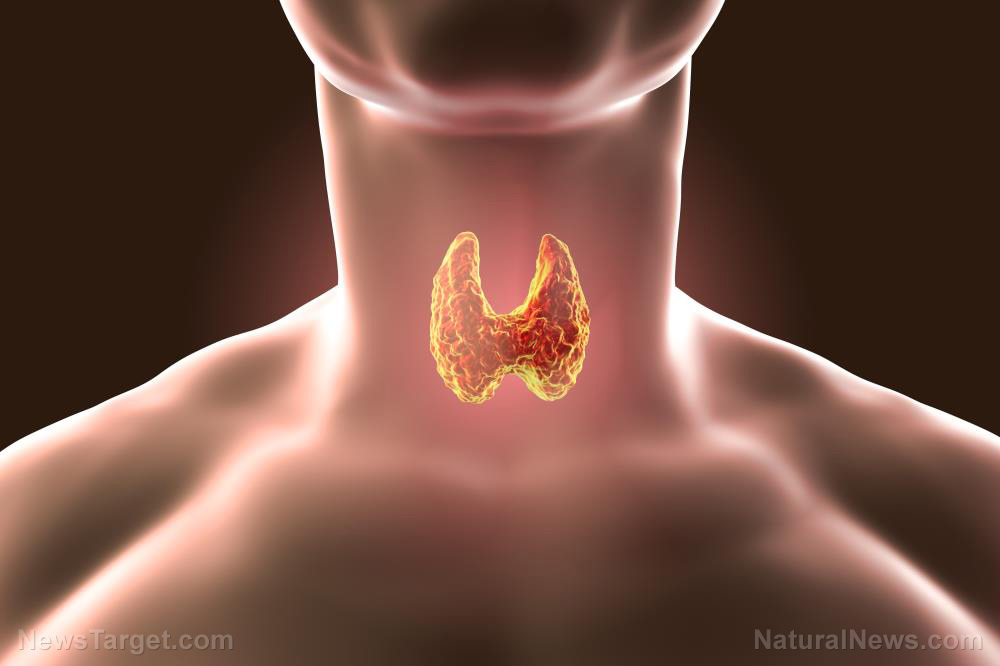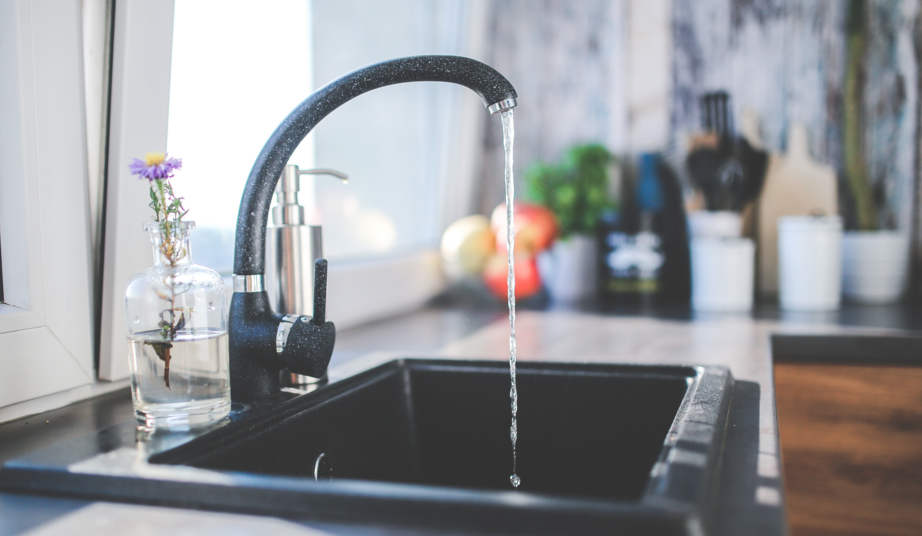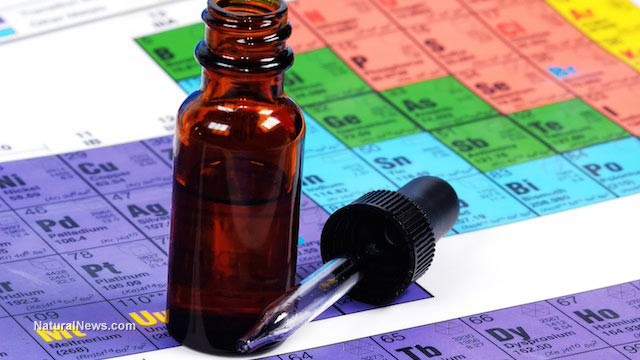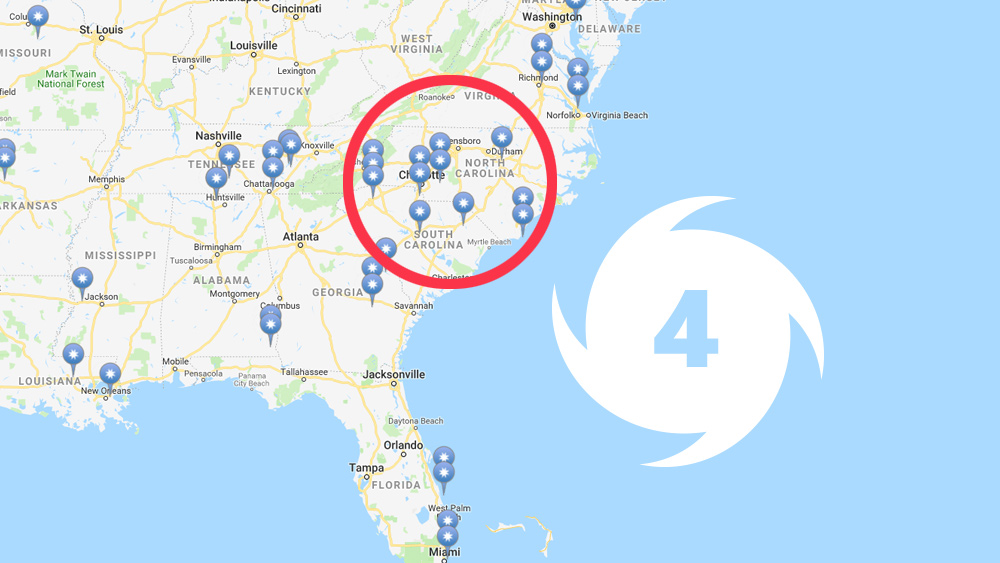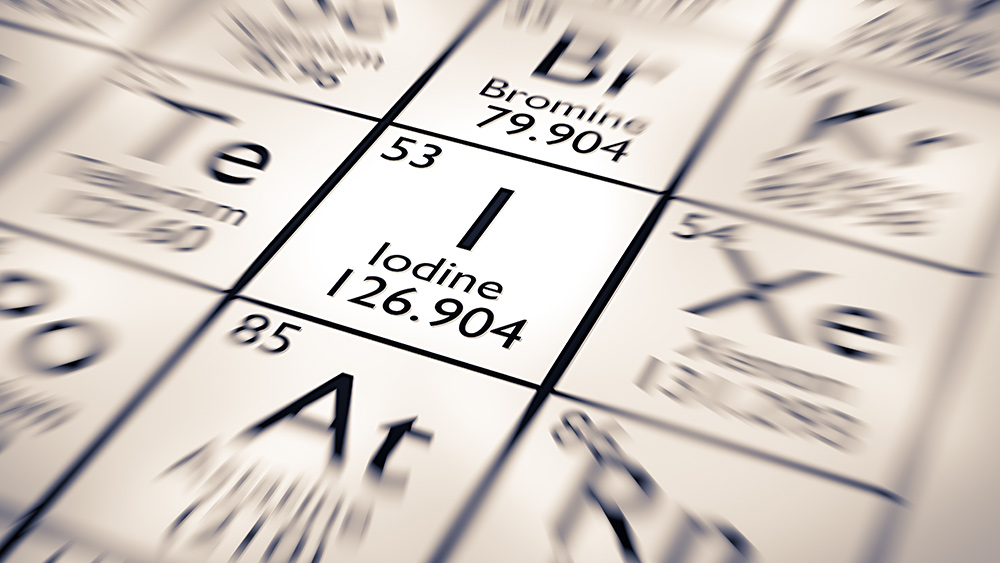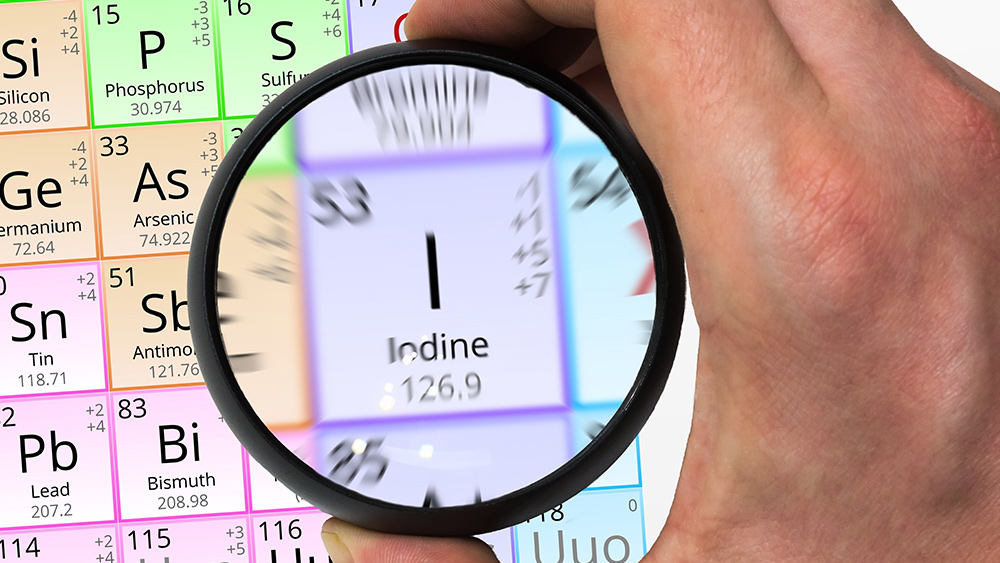Home remedies for hypothyroidism
10/08/2018 / By Zoey Sky

When a person has hypothyroidism or an underactive thyroid, it means their thyroid gland doesn’t produce enough hormones. This condition can bring about symptoms like weight gain, constipation, and even depression. A patient with a severe case of hypothyroidism may have to take synthetic hormones to replace the ones that their thyroid can’t produce. However, these synthetic hormones may have negative side effects.
To avoid these side effects, you can try some of the natural remedies listed below. These home remedies are effective for mild cases of hypothyroidism.
Herbal supplements to balance estrogen levels
Compared to men, women have a higher risk of developing hypothyroidism. Most experts believe that this is because of the estrogen levels in women. When estrogen levels are unbalanced, the thyroid may slow down its production.
You can take some herbal supplements to naturally encourage healthy levels of estrogen in your body. For example, black cohosh (Actaea racemosa) and vitex (Vitex agnus-castus) are two herbal supplements that can help bring estrogen levels back to normal.
These herbs can indirectly boost thyroid production and address the symptoms of hypothyroidism. Consult an herbalist to determine the proper dosage for your condition. Do take note that these herbs won’t help if your hypothyroidism isn’t due to an estrogen imbalance. (Related: Some of the best natural methods to promote thyroid health.)
Iodine
The thyroid needs iodine to so it can function properly. Iodine molecules are necessary before the thyroid can produce the hormones thyroxine (T3) and triiodothyronine (T4). Thyroid cells are the only cells in the body that can absorb iodine. Thyroid cells combine iodine and the amino acid tyrosine to make T3 and T4.
T3 and T4 are released into the blood stream, and are transported throughout the body. T3 and T4 manage your metabolism, or the conversion of oxygen and calories to energy.
If you don’t get enough iodine, your thyroid can’t function properly. To avoid this, you can take a supplement with iodine. Kelp, or seaweed, is the best natural source of iodine. You can buy kelp supplements at pharmacies and health food specialty stores.
It will take some trial and error to determine the amount of kelp that is best for you. You’ll know when you’re taking the proper dose when you feel less tired, it’s easier to lose weight, and joint pain is reduced, even if you have hypothyroidism.
A low-calorie diet
Even if you don’t have hypothyroidism, following a healthy diet is the best way to avoid the symptoms of any disease. But if you do have the condition, a low-calorie diet can help you maintain a healthy weight.
When the thyroid doesn’t function properly, your metabolism will slow down. This often causes a significant weight gain. However, patients may struggle to follow a low-calorie diet because it might make constantly hungry.
If you have hypothyroidism, following a low-calorie diet doesn’t mean you have to go hungry all the time. Here are your food options for this kind of diet:
- Beverages – Stay hydrated by drinking a lot of water and other non-caffeinated beverages.
- Dairy – You can consume dairy products like cheese, milk, and yogurt.
- Eggs – It’s better to consume whole eggs because egg yolks contain iodine and selenium, while egg whites are rich in protein.
- Fish – Eat seafood such as halibut, salmon, shrimp, and tuna.
- Fruits – Sources include fruits like bananas, berries, and oranges.
- Gluten-free grains and seeds – Sources include buckwheat, chia seeds, flaxseed, quinoa, and rice.
- Meats – Consume lean cuts of beef, chicken, and lamb.
- Vegetables – Even if you have hypothyroidism, it’s safe to consume all kinds of vegetables. You can consume moderate amounts of cooked cruciferous vegetables.
If you’re on a low-calorie diet, it’s best to eat fiber-rich foods like fresh fruits and vegetables so you’ll feel full. If you want to have a snack, get some nuts and seeds instead of junk food like chips. Avoid caffeine and drink at least eight glasses of water daily. Following a low-calorie diet can help boost your metabolism and negate the side effects of hypothyroidism.
You can manage your hypothyroidism using natural remedies like herbal supplements, iodine/kelp supplements, and by following a low-calorie diet.
Sources include:
Tagged Under: botanicals, Diets, estrogen, herbal medicine, hypothyroidism, iodine, low-calorie diet, natural cures, natural ingredients, natural medicine, natural remedies, nutrients, nutrition, prevention, remedies, seaweed, supplements, thyroid

